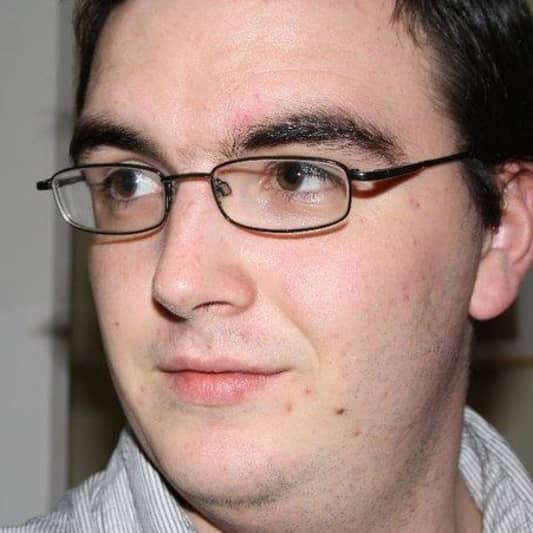
I am a hardworking and reliable individual who is looking to cut my teeth as a Recording Studio Engineer. I enjoy learning new things and pushing myself to achieve my potential while helping a client achieve the heights they dream of.
In my previous employment I have shown myself to be capable and conscientious when applying myself to the task in hand, I am willing to the go the extra mile to ensure the assignment is completed to the highest standards.
Studying Sound Production taught me the techniques of recording and mixing in a professional studio. This also gave me the opportunity to become familiar with Pro Tools and Logic. Since leaving college I have worked hard to improve and refine my skills and knowledge in the field with home projects and personal studying.
Thank you for your consideration.
Click the 'Contact' above to get in touch. Looking forward to hearing from you.
Interview with Mark Lees
Q: Analog or digital and why?
A: I really like a hybrid system if i can. Most of the time it is project and location dependant but digital is getting so close to analogue nowadays that most people probably wouldn't notice the difference.
Q: What do you like most about your job?
A: It's my hobby, I love gettin out of bed to go into the studio and have fun helping someone mould their vision.
Q: What's the biggest misconception about what you do?
A: That it is a simple point and click job that can be done if half an hour and you can make anybody sound great. Recording alone can take more than a day depending on the project and i usually try to allow for 1-2 days of working time on a mix for a song before i call it done.
Q: What questions do you ask prospective clients?
A: What style of music do you play? Have you recorded before? What do you expect of me?
Q: If you were on a desert island and could take just 5 pieces of gear, what would they be?
A: except for the obvious computer etc that i would need to run my system, i would take: avid s6 control surface, Neuman u87 mixed pair, 1176 compressor, tama superstar hyper-drive kit,
Q: What was your career path? How long have you been doing this?
A: I have been working with audio as a hobby for 5 years now, but I am only beginning to cut my teeth as a professional.
Q: How would you describe your style?
A: Traditional and relaxed. I find that rushing my work will end in me making more errors, taking more time and costing more money for the client.
Q: Can you share one music production tip?
A: Don't necessarily pick the take that is the most technically correct, some of the greatest albums are great because of the little mistakes.
Q: What type of music do you usually work on?
A: I usually work on pop-rock music but i love working on anything.
Q: What's your strongest skill?
A: My strongest skill is mixing, it is what i have been able to work on most.
Q: What do you bring to a song?
A: I help to bring out the emotion that the songwriter is wanting to express. That i believe is the most important part of a song. There is no point in making everything technically correct if the emotion has been taken away.
Q: What's your typical work process?
A: As a freelance engineer I usually spend a day tracking a band in a recording studio local to the band. I then take the session to my personal mixing studio and mix the song ready for mastering.
Q: Tell us about your studio setup.
A: For tracking i work out of many studios all with different setups. For mixing I use pro tools 11 and mostly plug-ins to complete a mix.
Q: What other musicians or music production professionals inspire you?
A: As an engineer guys like Dave Pensado, Warren Huart, Chris Lord Algae, Andrew Scheps and Mick Guzauski are huge influences. As a musician i have influences form across the spectrum from Lady Gaga to The Killers to Slipknot and Muse.
Q: Describe the most common type of work you do for your clients.
A: I usually work with an unsigned artist on a new demo single or EP.
- Mixing EngineerAverage price - $50 per song
- Recording StudioAverage price - $200 per day
- Vocal compingAverage price - $30 per track
- EditingAverage price - $30 per track
- Post EditingAverage price - $200 per track
- Dialogue EditingAverage price - $200 per minute
- Post MixingAverage price - $75 per minute
5 songs mixed for the price of 4



